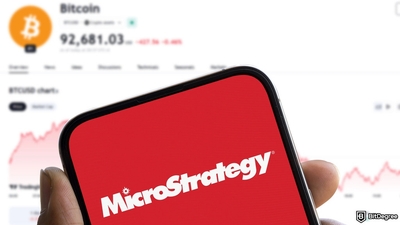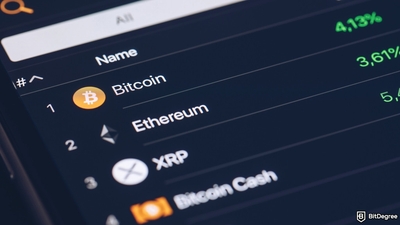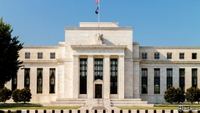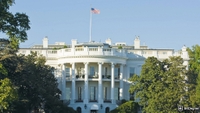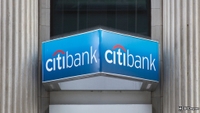Free Airdrop Season 7 is LIVE! Answer fun questions or do simple tasks to earn rewards from the $30K BitDegree prize pool. Participate Now ! 🔥
Court Considers LUNA Non-Security Under Korea's Capital Markets Act
South Korean authorities make progress in Terraform Labs case, declaring LUNA not security.
The recent South Korean court ruling dismisses security violation charges against Terraform Labs' former CEO, Hyun-seong Shin, and classifies LUNA, the native token of the LUNA ecosystem, as a non-security under Korean law.
In the South Korean capital Seoul, the southern district court rejected the prosecution's appeal for property confiscation and arrest of Shin on the grounds of securities law violations.

Did you know?
Subscribe - We publish new crypto explainer videos every week!
What is a Bitcoin Faucet? Pros & Cons Explained (With Animations)
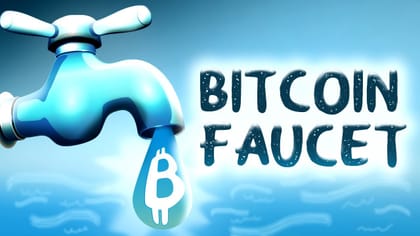

The prosecution claimed that LUNA's fraudulent transactions violated the Capital Market Act and involved property fraud, which would warrant property confiscation. However, the court's stance differed significantly.
According to a Google-translated version of the court's observation, it stated:
It is difficult to see Luna Coin as a financial investment product regulated by the Capital Markets Act.
Furthermore, the court found it hard to believe that the property in question had been "acquired by a crime or an asset derived from it," leading to the rejection of the prosecution's request for property confiscation.
This ruling is particularly noteworthy for its clear assertion that Terra Luna (LUNA) is not a security. Previously, courts have employed more cautious language, such as "there is room for dispute in terms of the law" and "it is questionable whether the Capital Market Act can be applied."
The former CEO's lawyer revealed that the court denied the prosecution's arrest warrant request for Hyun-seong Shin and others involved in the case. He also emphasized that the court ruling made it difficult to classify LUNA as an investment product.
As a result, the Terra-LUNA case now revolves around fraud and breach of trust rather than Capital Markets Act violations. Despite that, the prosecution remains set on the native token's securities aspect and has appealed to the Supreme Court against the lower district court's verdict.
However, it appears that jurisdictions overseas make different judgments when it comes to securities. The United States Securities and Exchange Commission (SEC) has charged Terraform Labs and its founder, Do Kwon, with securities law violations. Kwon's legal team has recently dismissed such allegations.
The South Korean court's ruling on LUNA's status as a non-security sets a new precedent and potentially reshapes the legal landscape surrounding digital assets in the country.









